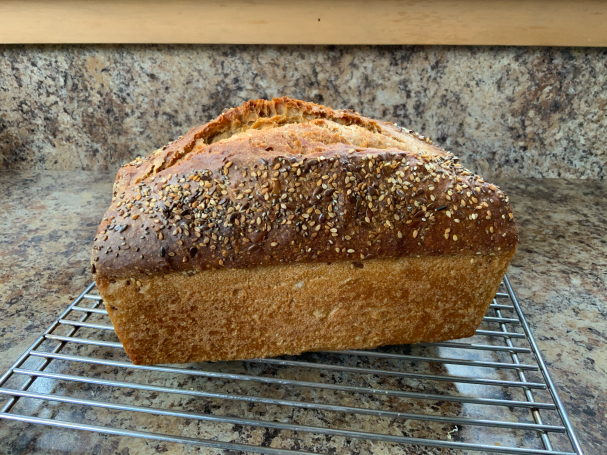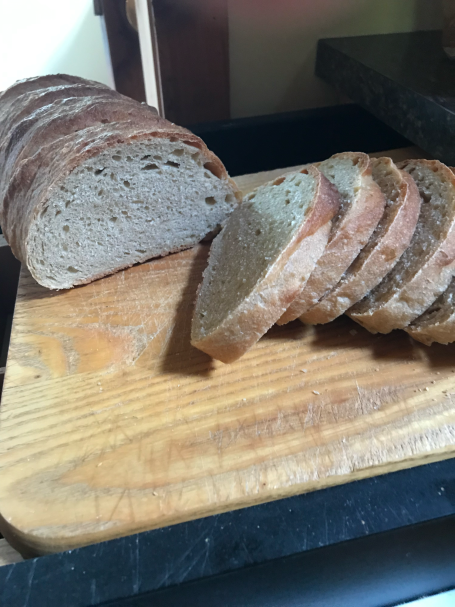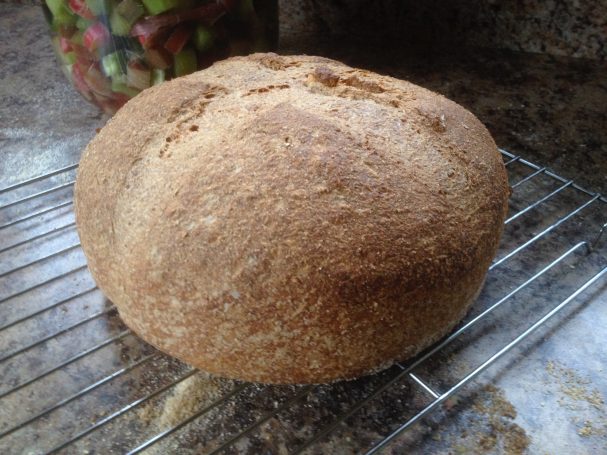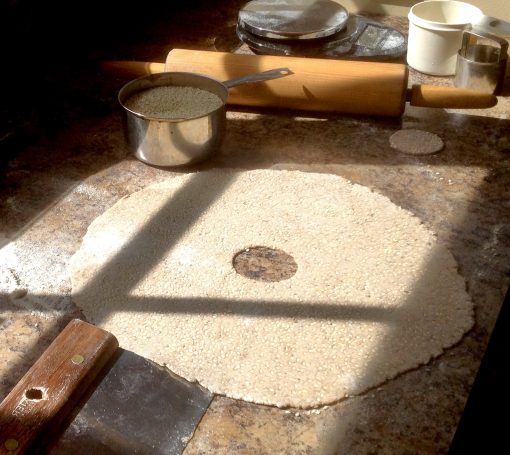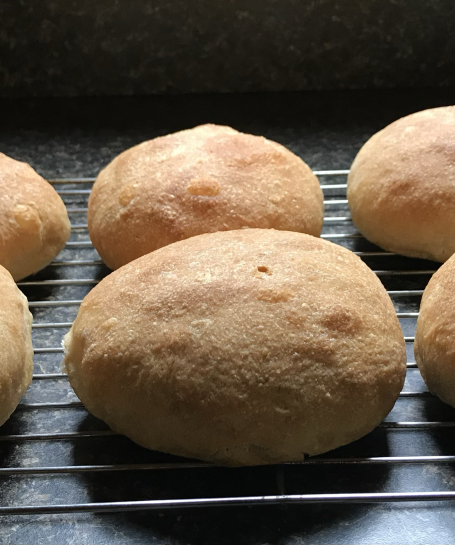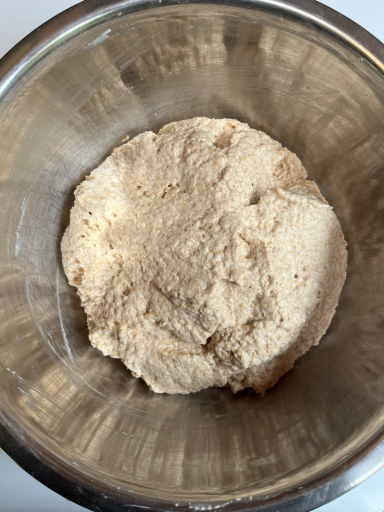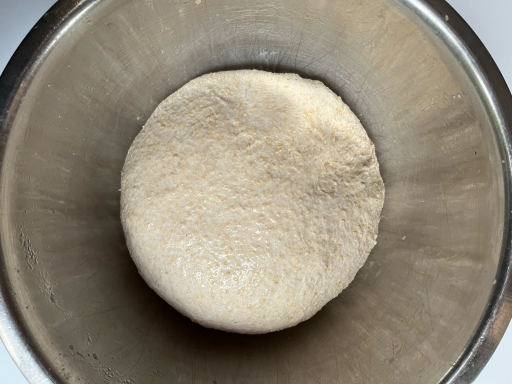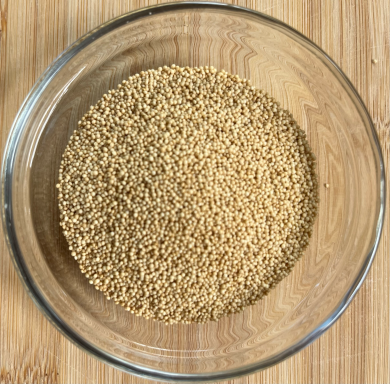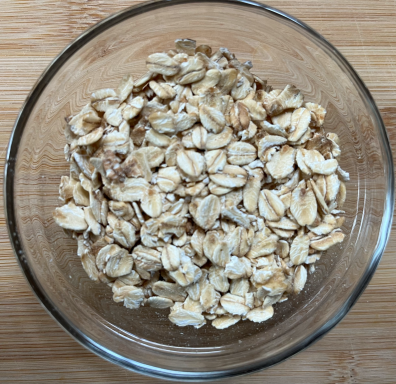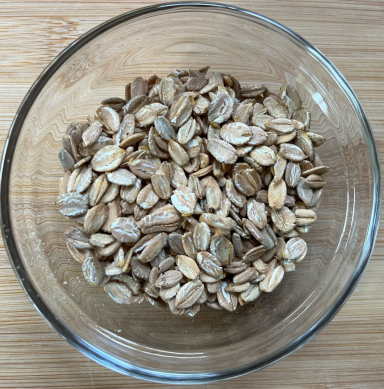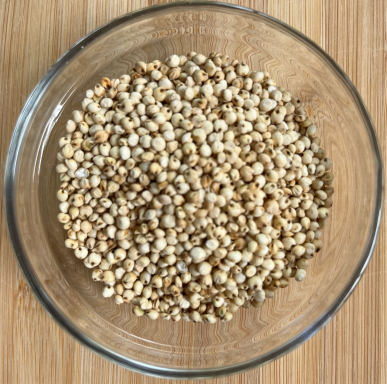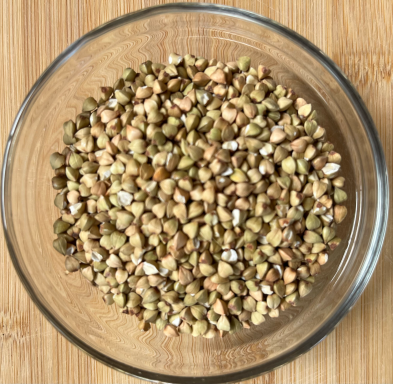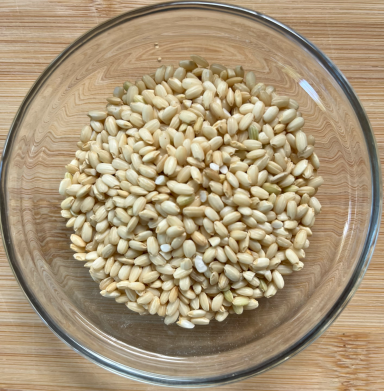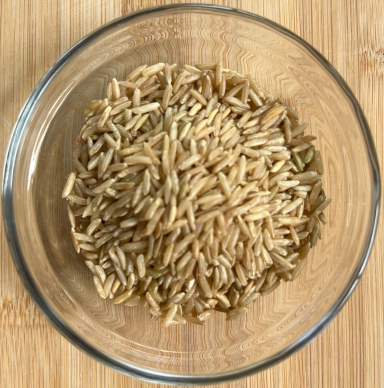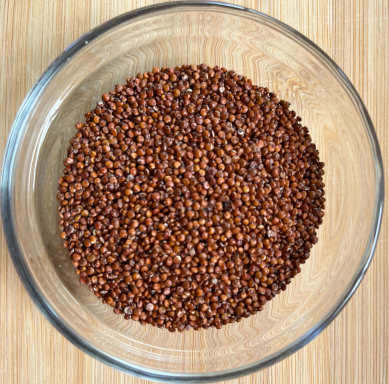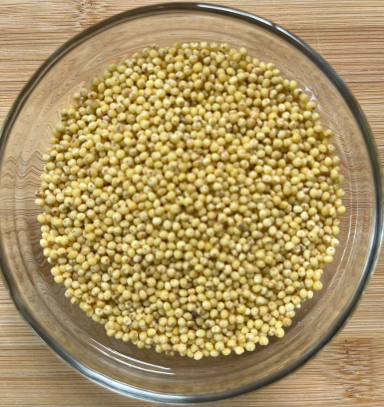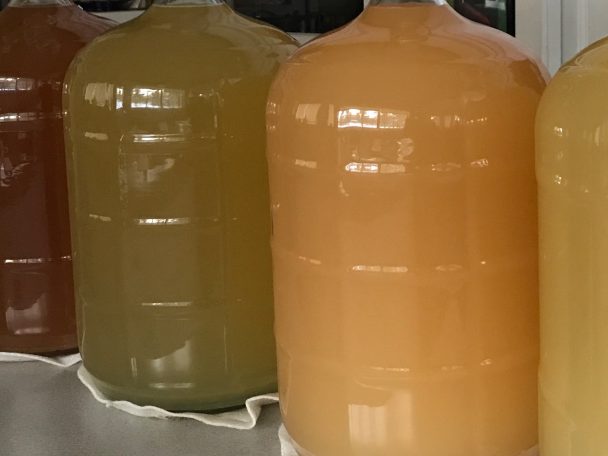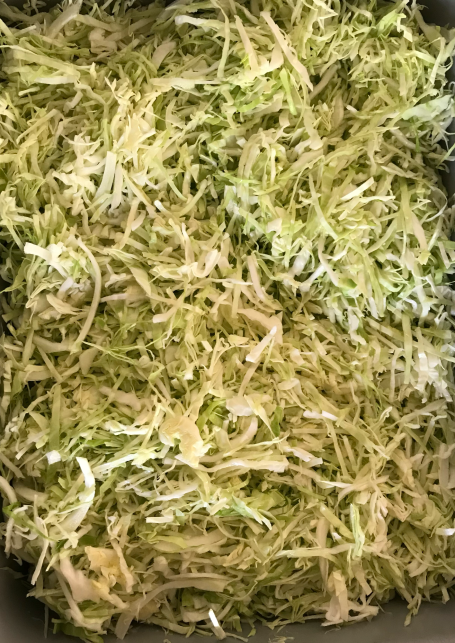Tilli's Food Prep and Recipes
Otillia M. Richmond, MH
The Human Nature of NEED and FEED - A Modern Treatise
Bread is not Dead

Bread has been the food of humans since the first seed was ground. Adding water to seed meal hydrates and activates the natural germination compounds found within the seed: nutrition to grow a plant and feed animals.
We tend to think of bread as leavened. Although, thoroughly hydrated and cooked seeds make bread. Pasta, cereal, donuts, bagels, breadsticks, pretzels, flatbreads, dumplings, tortillas, crackers...are bread.
Why we Care
Seeds are one of the primary ingredients in the human diet for a human's number one need: energy for the body, brain, and biome-yesterday, today, and tomorrow.
Whole Wheat Sandwich Bread

The Better Loaf
Not quite flat bread, often called focaccia, sheet breads are my new whole wheat sandwich bread. Yeasted or sourdough, this super hydrated dough is easy to loaf, bakes in half the time of traditional loaves, and produces a soft open crumb with whole grain wheat.
One formula makes sheeted breads, loaves, baguetts, rolls, buns, and soft breadsticks. Find my number one favorite bread formula in book two-Health from the Hearth-Chapter 34, page 588, of The Human Nature of NEED and FEED.
Bread made easy-fast or slow, flat or loaved.
A Landscape of Seeds for Feed
Seeds, seeds, and more seeds from the Earth to the Hearth to rinse, hydrate, and boil. By autumn, the seeds of plants and grasses have matured in to an abundance of life supporting, storable human food.
When humans eschew carbohydrates, therefore seeds, they cannot be aware of the high quality fuel and nutrition in nature's bounty of complex carbohydrate and fiber rich seeds. They simply need to say goodbye to those pernicious white carbs found in the industrial world and say hello to delicious and nutritious whole seeds.
Too many to count, too many to eat, find favorites from the multitude of seed varieties to bring plenty of fiber and flavor to the plate and palate, here are a few of mine.
Get to know 200 edible seeds, pages 68-251, in The Human Nature of Need and Feed.
Fermentation

In food, fermentation occurs when microorganisms, such as bacteria and yeast, use enzymes to reduce carbohydrates to organic acids and CO2. The acids create environments of beneficial organisms, defending against pathogens and preserving food. Fermentation is nature's process of recycling: microorganisms reducing plants.
Fermentation is used to make leavened bread, sauerkraut and kimchi, yogurt and cheese, kombucha and compost and, in humans, additional energy.
Why we Care
Besides enhancing the shelf life of food, fermentation can improve digestion, strengthen immunity, increase the availability of nutrients, and provide easily prepared, delicious foods and beverages-at home. And, it is what humans have done for centuries.
See The Human Nature of Need and Feed, Book Two, Health from the Hearth, chapters 42 and 43, for streamlined instruction and recipes to ferment food and beverages at home.
Late Summer Harvest Recipe
Chickpea Salad
Ingredients
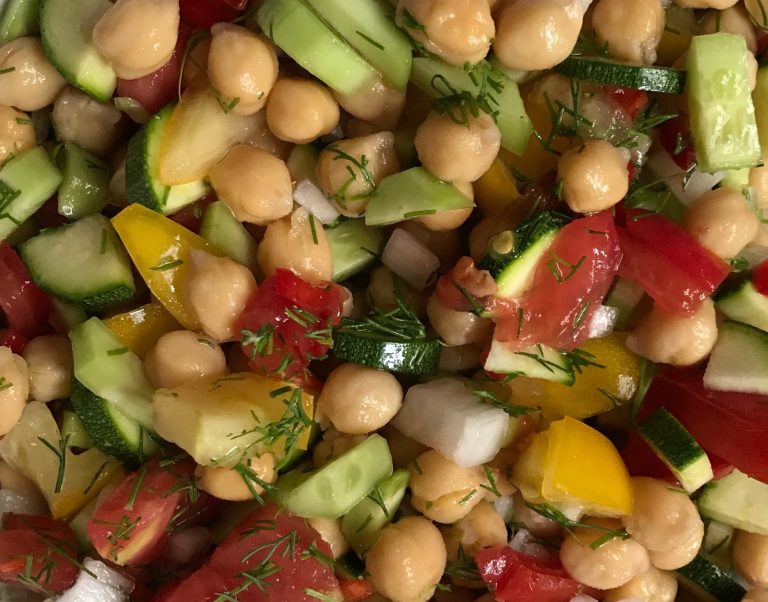
Seasonings
2 cups cooked chickpeas
1 chopped large cucumber
2-3 diced tomatoes
1-2 diced sweet/hot peppers
1/2 diced medium onion
1 clove minced garlic
Fresh herbs to choose:
dill, basil, or chives
Condements to add:
choice of vinegar
lemon or lime juice
choice of oil or dressing
This is one of many variations for late summer salad, side, or main dish. Choose a pea or bean, add favorite veggies, fresh herbs, and condiments to make fiber filled dishes from just one recipe. See book two-Health from the Hearth-pages 179-181, of The Human Nature of NEED and FEED, for additional fiber filled pulse recipes.
Early Autumn Harvest Recipe
Tomato Medley
Ingredients

Seasonings
2 chopped summer squash
1 chopped large cucumber
3-5 diced colored tomatoes
1-2 diced sweet/hot peppers
1/2 diced medium onion
1 cloves minced garlic
Fresh herbs to choose:
parsley, dill, basil, chives
Condements to add:
choice of vinegar
lemon or lime juice
choice of oil or dressing
This is one of many variations for a late autumn salad, side, or main dish served over a bed of cooked grains. Choose a blend of heirloom colored tomatoes and add favorite veggies, fresh herbs, and condiments to make fiber filled dishes from just one recipe. My tomato faves, for growing and fresh eating, are Oregon spring, black prince, orange banana, yellow taxi, and German green. See book two-Health from the Hearth-pages 71-251, of The Human Nature of NEED and FEED, for choosing seeds to bed or top this quick salad for a main dish, hot or cold.
PEASANT HOUSE PRESS, LLC
© Copyright. All rights reserved.
This website is human designed and generated. Photos are unaltered and submitted by contributing advocates.
We need your consent to load the translations
We use a third-party service to translate the website content that may collect data about your activity. Please review the details in the privacy policy and accept the service to view the translations.

